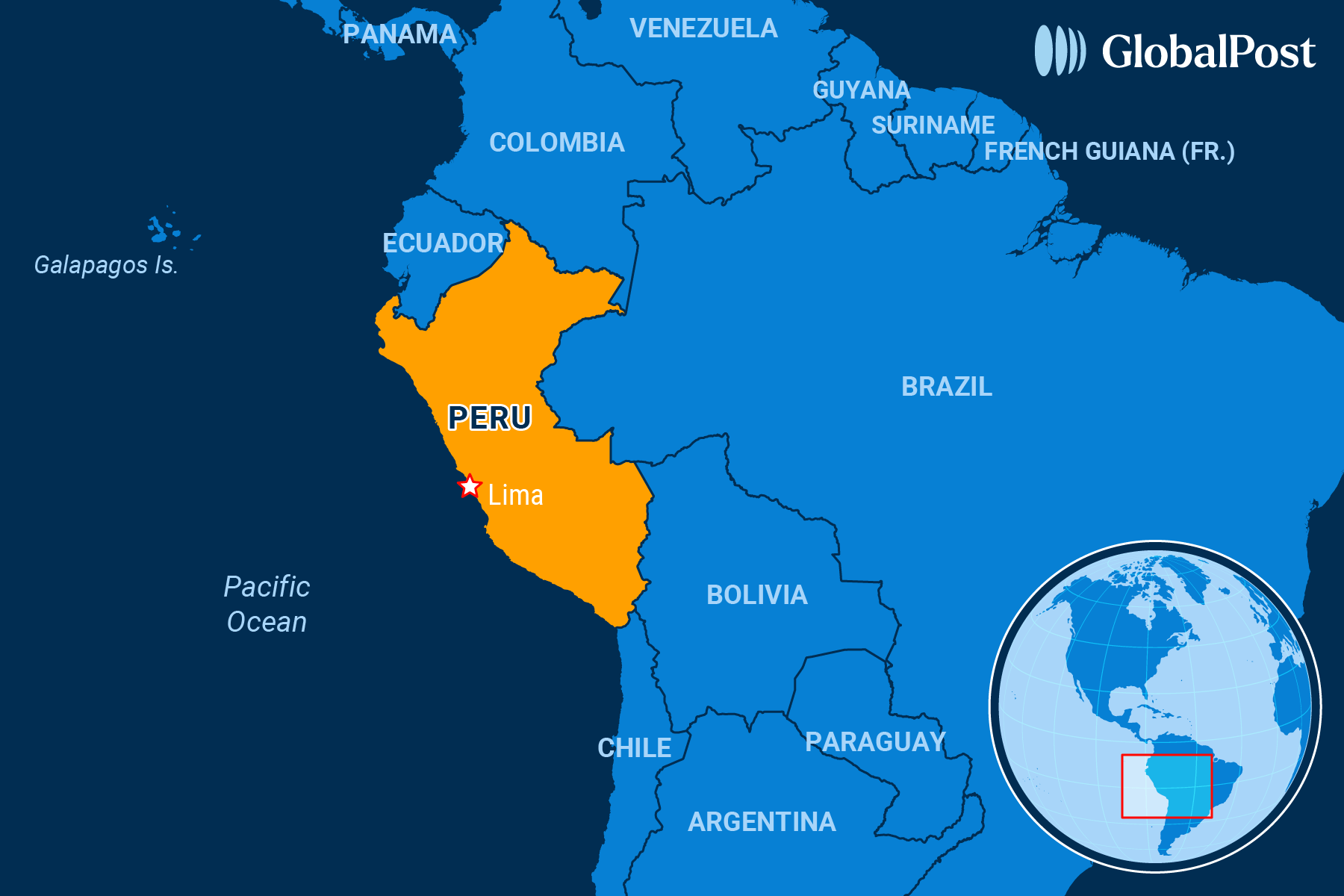NEED TO KNOW
The Ghosts of Leaders Past
PERU

The recent death of Alberto Fujimori, 86, who served as president of Peru in the 1990s, was a milestone in the South American country’s political history. Fujimori gained respect when he first took office for his neoliberal economic policies and his tough stance against left-wing terrorists who waged a war against the central government from 1980 to 2000.
Eventually, as the Washington Post reported, Fujimori’s oppressive governance and corruption caught up with him. In 1998, he was convicted of human rights violations and sent to prison for 25 years. He was released from jail in 2023 due to his advanced age and health, but he was still facing charges dating back to his years in power.
Even with his passing, however, Fujimori’s legacy lingers. Peru’s government recently passed a law, for example, giving legal immunity to Fujimori and members of the security forces for human rights abuses committed before 2002. The law was a gift for the president and his allies, the Associated Press wrote.
United Nations High Commissioner for Human Rights Volker Türk panned the legislation. “Lack of accountability for these crimes, whenever committed, risks endangering the rights to truth, justice, reparations and guarantees of non-recurrence for thousands of victims of grave violations in Peru,” Türk said, according to Agence France-Press.
Interestingly, lawmakers who passed the law and President Dina Boluarte, who signed it, arguably lack the legitimacy to do so. Their popularity ratings are among the lowest in the world – 10 percent in Boluarte’s case, World Politics Review noted. Boluarte took office because she was vice president when ex-President Pedro Castillo was impeached. Small, fragmented parties dominate the Peruvian Congress.
Boluarte began her administration ignominiously when security forces killed 50 demonstrators who had taken to the streets to protest the ousting of Castillo. She claims she was not involved in the decision-making that led to those deaths. Amnesty International disagrees.
Before Boluarte, incidentally, Peru had six different presidents in six years, underscoring how all managed to violate the law while none had sufficient popular backing to remain in office.
Meanwhile, the true leaders of the country, according to the Economist, are right-wing and centrist lawmakers in Congress. Because Boluarte has no vice president, they don’t want to oust her because the country’s constitution states that new elections must be held if she leaves office. Voters would almost certainly fire these lawmakers if they had a chance.
The result is a bevy of laws, like the amnesty legislation, that critics say are eroding Peruvian democracy, Al Jazeera explained. Just like Fujimori did.